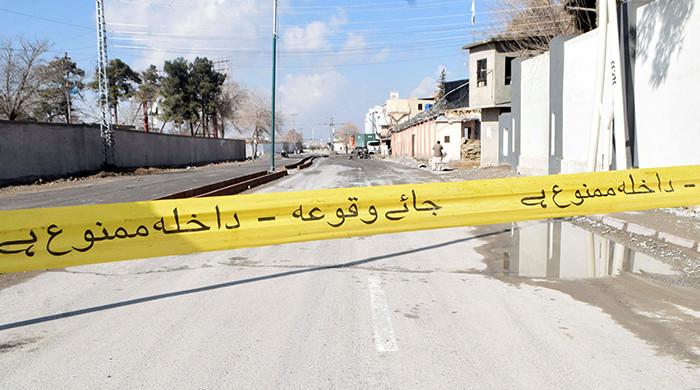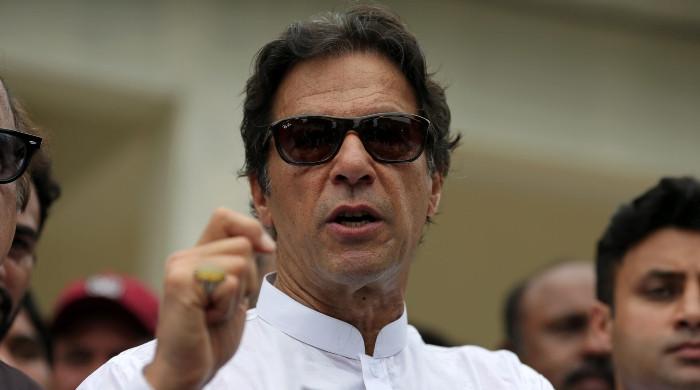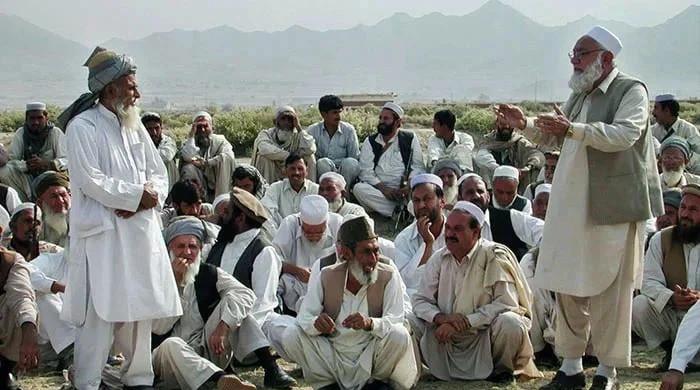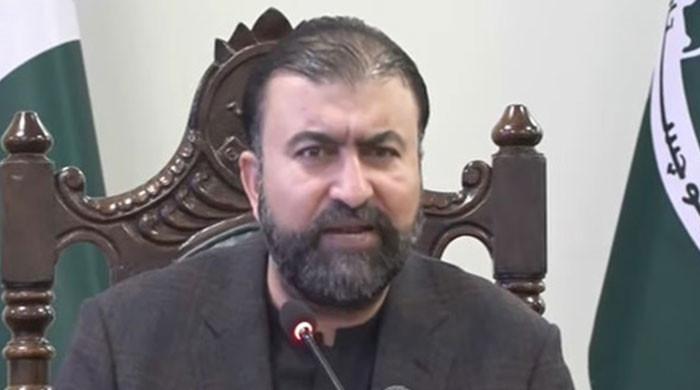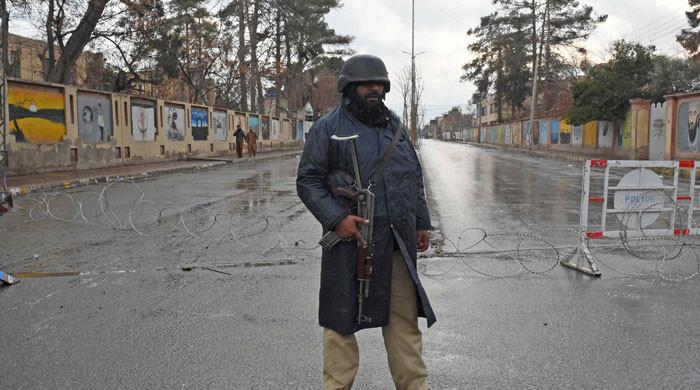Egypt makes polio certificate mandatory for Pakistan
Passengers from Afghanistan, Malawi, Mozambique and Congo also required to provide vaccination certificate
September 25, 2023
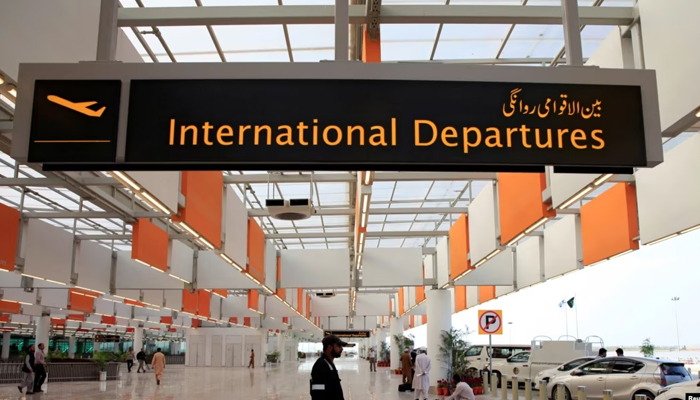
- Egyptian authorities say OPV or IPV both certificates are acceptable.
- WHO highlighted gaps in Pakistan, Afghanistan's efforts to eliminate polio.
- Environmental samples underscore risk of polio outbreak in Pakistan.
KARACHI: The Egyptian authorities have made it mandatory for travelers from Pakistan, Afghanistan, and other countries to provide a polio vaccination certificate.
“As informed by the Egyptian Authorities, passengers travelling to Egypt from Pakistan, Afghanistan, Malawi, Mozambique and Congo are requested to provide an international certificate of vaccination specifically polio vaccine, OPV or IPV (both are acceptable),” Pakistan’s Civil Aviation Authority (CAA) said in an advisory on its website on Monday.
It added that foreigners who have stayed more than four weeks in the above-mentioned countries are also required to provide polio vaccination in order to travel to Egypt.
Last month, the International Health Regulations' (2005) Emergency Committee, responsible for assessing global poliovirus spread, expressed concerns over Pakistan's efforts to reach a large number of children through its polio eradication campaign.
In a session convened by the World Health Organisation (WHO) director general on August 16, 2023, the committee highlighted the gaps in Pakistan and Afghanistan's efforts to eliminate polio.
It emphasised that recent favorable environmental samples from Peshawar and Karachi underscore the persistent risk of a polio outbreak in Pakistan.
The committee highlighted that a new case of WPV1 emerged in Pakistan since the last meeting, bringing the 2023 total to two cases. Both instances occurred in the Bannu district of Khyber Pakhtunkhwa (KP) province. Throughout the year, at least 15 environmental surveillance-positive samples were identified.
"Although the action plan in southern KP has resulted in 160,000 more children being vaccinated, the context remains challenging — including political instability, insecurity in some areas with front-line workers requiring police patrols to accompany them and vaccination boycotts, where communities make demands for other services in exchange for allowing polio vaccination," the committee further said.
Commenting on the emergency committee’s statement, Pakistan’s caretaker health minister Dr Nadeem Jan told The News that boosting routine immunisation and coverage of zero dose via outreach campaigns would help in polio eradication efforts in the country.
In Afghanistan, since the last meeting, there have been five new WPV1 cases reported, all from Nangarhar province, the emergency committee said adding that the cases occurred in five different districts and had onsets from April to May 2023.
“Any setback in Afghanistan poses a risk to the programme in Pakistan due to high population movement,” the emergency committee warned.
The committee further observed that in 2023, there were only two genetic clusters of WPV1 identified, compared to three in 2022 and five in 2021.






